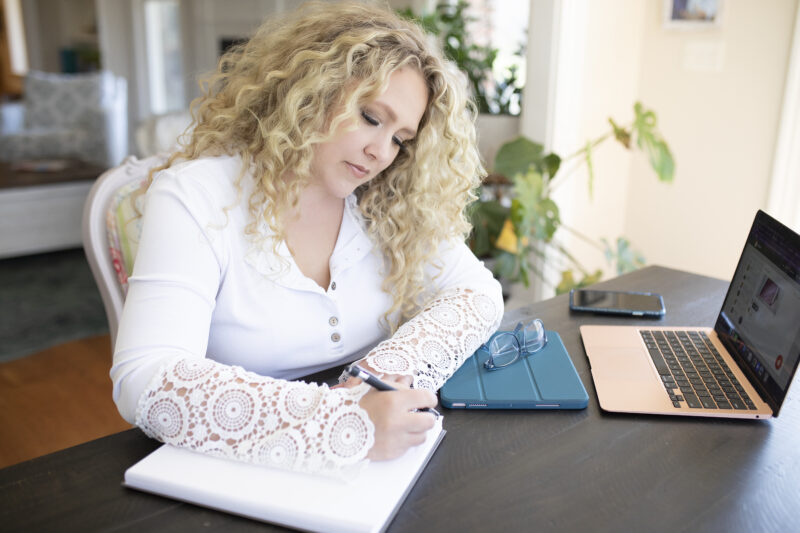Empathy Makes You a Better Leader: Here are 3 Reasons Why

Empathy makes you a better leader. In general, women are perceived to be the most “empathetic” gender, and the science says there may be some truth to that perception. One study found that women are better at feeling others’ pain; female brains react more to images or videos of a person being in pain than male brains. It turns out that high empathy is a very positive thing for women in the workplace, especially if they’re in leadership positions. A recent report by Catalyst found that, especially in the post-pandemic workplace, empathy is a critical leadership skill that influences important factors like innovation and employee satisfaction. There’s no doubt about it: empathy is a necessary skill to have as a leader. Here are 3 benefits…







